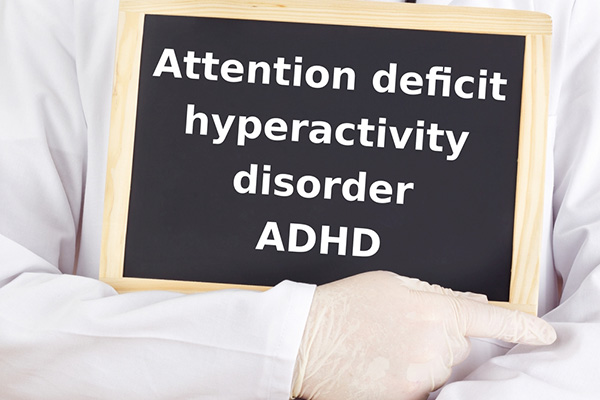ADHD Carries Many Risks for Adults, Study Finds
 ADHD chalkboard photo via Shutterstock.
ADHD chalkboard photo via Shutterstock.
Attention deficit hyperactivity disorder (ADHD) is becoming more common, and it might seem like the condition is just a relatively harmless phase kids go through; something that, with proper treatment, will blow over. But new research says that’s not the case.
A study led by William Barbaresi, director of the Boston Children’s Hospital Developmental Medicine Center and associate chief of the department of developmental medicine, found that childhood ADHD often carries into adulthood and is associated with a host of other mental problems. Barbaresi and his team observed 5,718 children born between 1976 and 1982, and found that 387 of them had ADHD during their childhood. The researchers then reevaluated all of the willing participants who did have ADHD (232) again when they reached their late 20s and found that 29 percent still had the disorder.
Barbaresi says in a Los Angeles Times article that the study’s results should be a wake-up call:
“The last thing we want to do is frighten parents and children, but we have to stop trivializing ADHD and start taking it seriously,” said lead author Dr. William Barbaresi, director of the Developmental Medicine Center at Boston Children’s Hospital, who began his work at the Mayo Clinic in Minnesota in 1993.
Nonetheless, the continuation of ADHD seems like a fairly mild discovery on the surface. After all, childhood ADHD is mostly characterized by difficulty paying attention, forgetfulness, and excessive energy—problematic symptoms, but ones that don’t seem too severe. According to the study, though, traditional ADHD isn’t the only adulthood risk.
The study found that adults who had ADHD growing up—even if they did not still have it in adulthood—were far more likely to suffer from things like depression, anxiety, substance abuse, and suicidal behavior. According to the researchers, 57 percent of those who had ADHD as kids had some sort of psychiatric condition as adults, as opposed to 35 percent in the group that did not have childhood ADHD. More shocking, three of the 387 ADHD-positive children had committed suicide by the adulthood evaluation, but only seven of the 4,946 ADHD-negative participants had. In a Reuters article about the study, ADHD expert Mary Solanto, who was not involved in the study, says:
“The finding about suicide is new,” said Mary Solanto, director of the ADHD Center at the Icahn School of Medicine at Mount Sinai in New York. “It was suggested in another one of these … studies, but in this study the sample size was large enough for it to be significant.”
If anything, this study proves that handing parents a prescription for Ritalin or Adderall isn’t a fool-proof way to stop the effects of ADHD. The disorder is a life-long problem, and it should be studied and treated as such.


